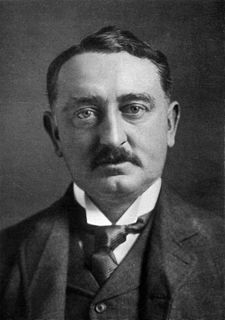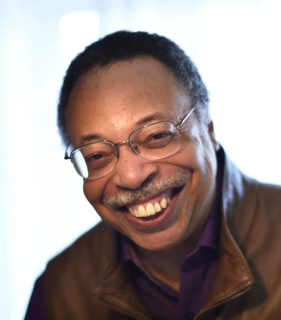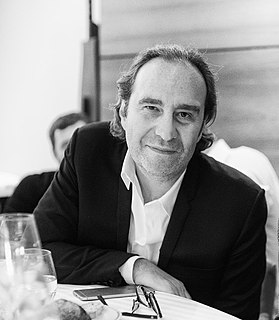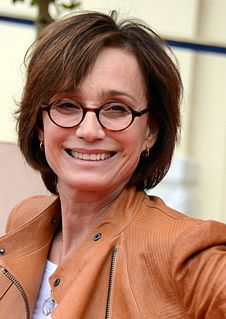A Quote by Terry Eagleton
The British are supposed to be particularly averse to intellectuals, a prejudice closely bound up with their dislike of foreigners. Indeed, one important source of this Anglo-Saxon distaste for highbrows and eggheads was the French revolution, which was seen as an attempt to reconstruct society on the basis of abstract rational principles.
Related Quotes
Some people think that English poetry begins with the Anglo-Saxons. I don't, because I can't accept that there is any continuity between the traditions of Anglo-Saxon poetry and those established in English poetry by the time of, say, Shakespeare. And anyway, Anglo-Saxon is a different language, which has to be learned.
I have these guilts about never having read Chaucer but I was talked out of learning Early Anglo-Saxon / Middle English by a friend who had to take it for her Ph.D. They told her to write an essay in Early Anglo-Saxon on any-subject-of-her-own-choosing. “Which is all very well,” she said bitterly, “but the only essay subject you can find enough Early Anglo-Saxon words for is ‘How to Slaughter a Thousand Men in a Mead Hall’.
The early 20th Century was probably the high tide of global white supremacy - I'm going to call it that because that's how people thought of it - and to be specific, Anglo-Saxon supremacy: The idea that white Anglo-Saxon Protestants were at the top of the world, representing the highest achievement possible for all of humanity, with Darwin's theories being used to prop up this belief.
In recent years a new International System has been developing, oriented toward the establishment of norms and principles of universal jurisdiction, above national sovereignty, in the areas of what is called the New Agenda...we have to confront ..... what I dare to call the Anglo-Saxon prejudice against the establishment of supra-national organizations.
The faculty of attention has utterly vanished from the Anglo-Saxon mind, extinguished at its source by the big bayad?re of journalism, of the newspaper and the picture magazine which keeps screaming, "Look at me." Illustrations, loud simplifications... bill poster advertising ? only these stand a chance.
Unless we realize that the essence of Nazism is also an attempt to solve a universal problem of Western civilization - that of the industrial society - and that the basic principles on which the Nazis base this attempt are also in no way confined to Germany, we do not know what we fight for or what we fight against... The war is being fought for the structure of industrial society - its basic principles, its purposes, and its institutions.
Western intellectuals, and also Third World intellectuals, were attracted to the Bolshevik counter-revolution because Leninism is, after all, a doctrine which says that the radical intelligentsia have a right to take state power and to run their countries by force, and that is an idea which is rather appealing to intellectuals.



































